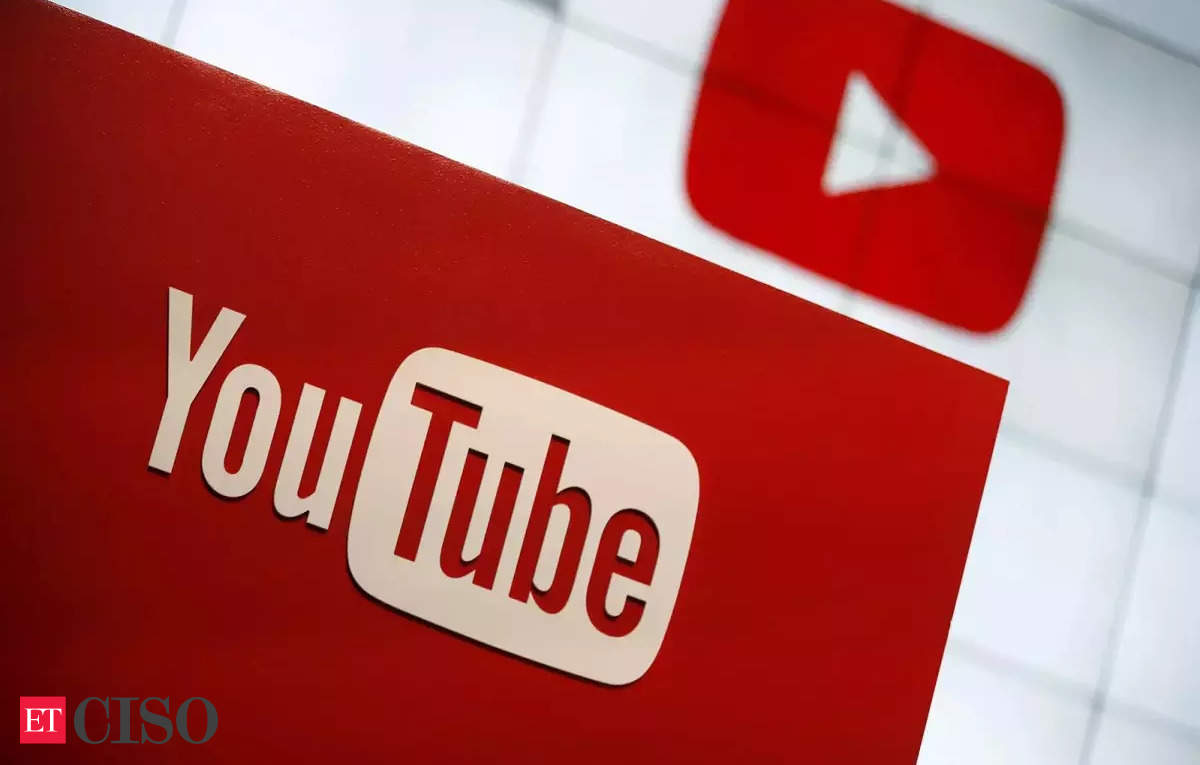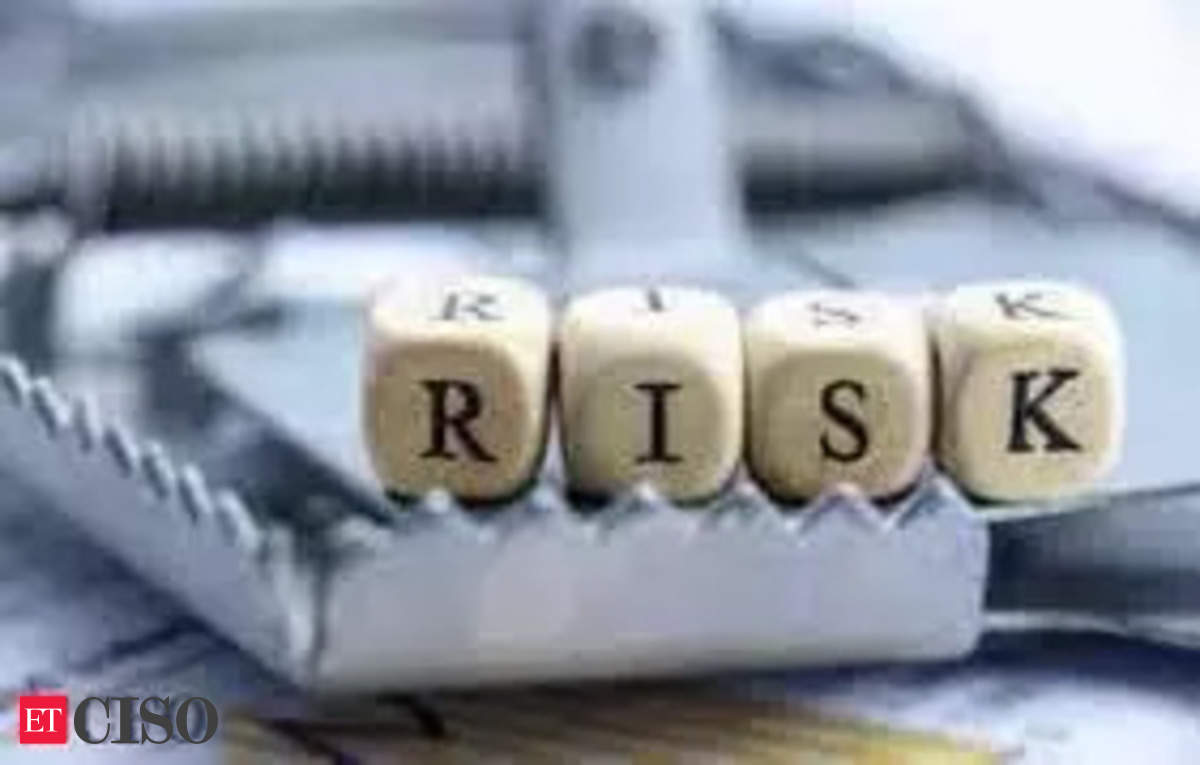Phishing Emails Targeting YouTube Users: A Growing Concern
Understanding Phishing Emails
Phishing emails are a common tactic used by cybercriminals to gain access to sensitive information of unsuspecting individuals. These emails impersonate popular brands and services, making it easy for users to fall victim. In this article, we will explore how phishing emails are impersonating YouTube channels and the potential risks associated with them.
How Phishing Emails are Impersonating YouTube Channels
A recent report on the YouTube Help forum revealed that phishing emails are mimicking channels from both domestic and international YouTubers. These emails show the sender as no-reply@youtube.com and use dubious subject lines such as "YouTube policy change" and "The YouTube team sent you a video." Moreover, these emails seem to have been sent from an authentic-looking account, making it difficult for users to distinguish between legitimate and fake emails.
How These Emails are Affecting Users
Earlier this month, YouTube shared a tweet revealing that it had received reports of phishing attempts using the email address mentioned above. The emails sent by cybercriminals impersonated the service’s official address. When users click on the links given within these emails, they are redirected to a page where they can review the fake changes to YouTube’s rules and policies.
Warning Signs of Phishing Emails
Some emails contain a link to the video or an attachment, which can lead to fake login pages or malware downloads. Creating a sense of urgency or fear in the messages or asking users to take immediate action or risk losing access to their accounts are typical signs of phishing tactics. YouTube has warned users against clicking on any of these links or providing any personal information, if they receive an email that seems suspicious.
YouTube’s Response
YouTube has reportedly confirmed that it is aware of the situation and is developing a fix for the same. The company advises users to avoid clicking links or providing any personal information, if they receive an email that seems suspicious.
Precautions to Take
To avoid falling victim to phishing emails, users should be cautious when receiving unsolicited emails, even if they appear to be from a legitimate source. Here are some precautions to take:
- Be wary of emails with dubious subject lines or sender addresses.
- Avoid clicking on links or providing personal information.
- Verify the authenticity of the email by contacting the sender directly.
- Keep your antivirus software up to date to protect against malware downloads.
Conclusion
Phishing emails targeting YouTube users are a growing concern, and it’s essential to be aware of the risks associated with them. By understanding how phishing emails impersonate YouTube channels and taking precautions to avoid falling victim, users can protect themselves from potential harm.
Source Link





